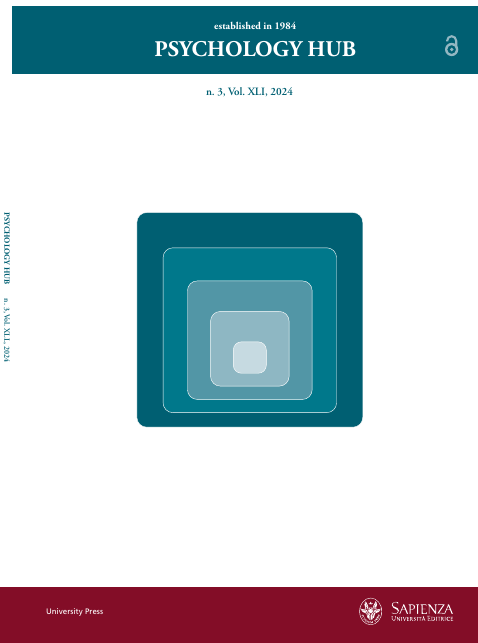Does self-esteem mediate the relationship between stress and exercise addiction?
DOI:
https://doi.org/10.13133/2724-2943/18355Keywords:
exercise addiction, exercise dependence, stress, self-esteem, mediation, italianAbstract
Background: The risk of exercise addiction is generally associated with high levels of stress and low self-esteem. Previous studies have revealed a significant association between stress, risk of exercise addiction, and self-esteem. However, the mediating effect of the latter was not examined. Aims: Based on the Interactional Model of Exercise Addiction, we hypothesized that stress might influence the risk of exercise addiction through the mediating role of self-esteem. Method: This cross-sectional study used a convenience sample of 200 Italian exercisers aged 18 to 69 (M = 35; SD = 4.05; 62% females). Participants completed demographic and exercise habits-related questions, the revised Exercise Addiction Inventory, Stress subscale of DASS-21, and the Rosenberg’s Self-Esteem Scale in an online survey. Results: A positive association was found between stress and the risk of exercise addiction. However, a negative association emerged between stress and self-esteem. Furthermore, self-esteem was also related negatively to the risk of exercise addiction. Notably, self-esteem partially mediated the association between stress and the risk of exercise addiction. Conclusions: Self-esteem plays a role in the stress and exercise addiction relationship. Overall, the results contribute to a better understanding of the complex set of mechanisms that underlie the effects of stress on exercise addiction.
Additional Files
Published
How to Cite
Issue
Section
License
Copyright (c) 2024 Psychology Hub

This work is licensed under a Creative Commons Attribution-NonCommercial-ShareAlike 4.0 International License.





